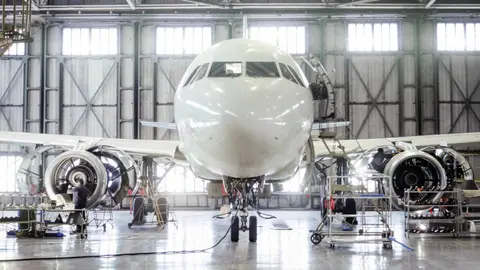The truth about why Morocco has become the new aviation hub
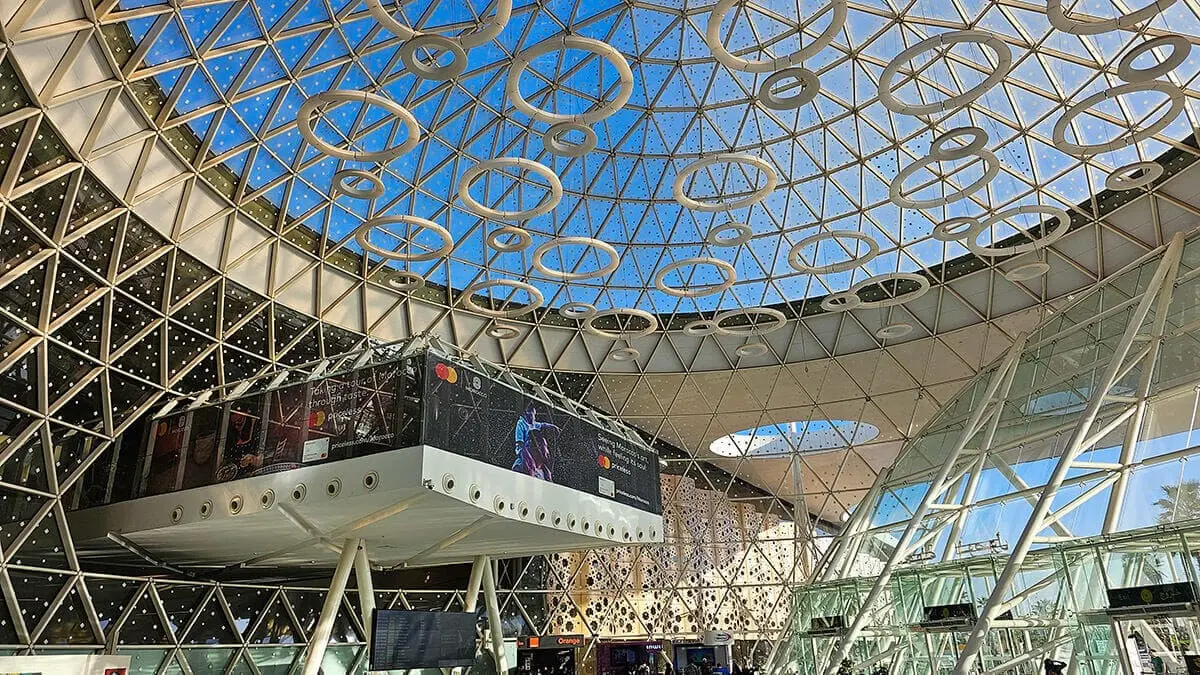
- Morocco's aviation revolution: what is behind its explosive growth?
- The decree that will favour the development of the aviation industry in Morocco
- What will the fleet of aircraft that Morocco plans to develop look like?
Morocco has shown its determination to dominate the aviation sector as the government sets out ambitious plans to attract investors and establish a competitive hub. Having succeeded in the automotive industry, attracting companies from Asia and Europe to manufacture and assemble vehicles, it is now focusing on commercial aircraft manufacturing.
The country has taken great strides to consolidate its position as one of the leading destinations in the aviation sector, as evidenced by its recent agreements with Airbus, Royal Air Maroc, Shimco, Boeing and Air Arabia.
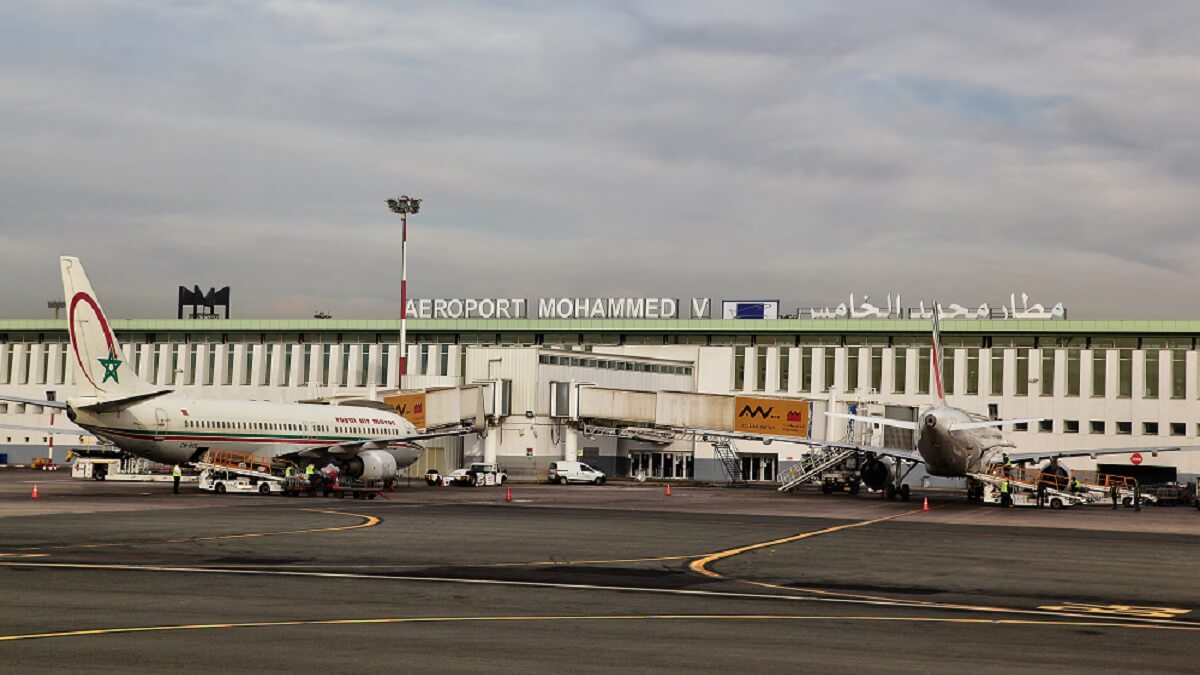
Morocco's aviation revolution: what is behind its explosive growth?
In recent years, Morocco has attracted many international companies to invest in the aeronautics industry, bringing the number of companies to 142, providing around 20,000 job opportunities. Exports from the aviation sector will exceed USD 2.1 billion in 2022, an increase of 40 per cent over the previous year.
Economic expert Abdulaziz Al-Rummani confirmed to Anadolu Agency that "Morocco's aviation sector has passed the stages of development that contribute to the growth and success of the industry".
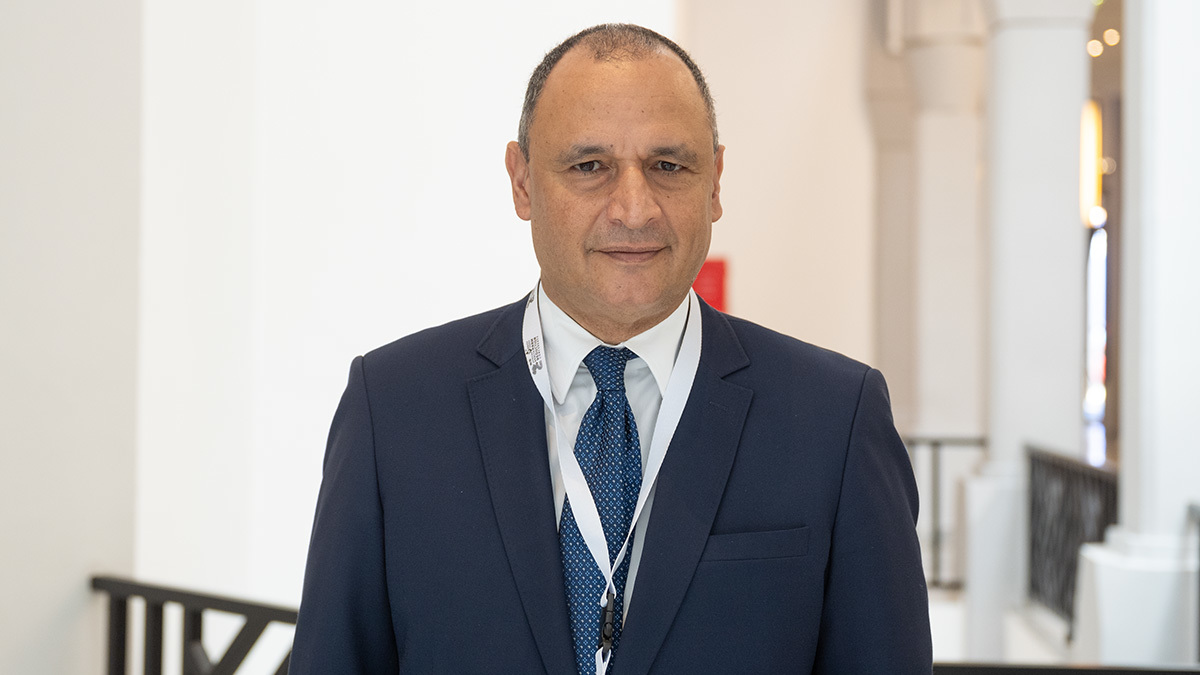
The aviation industry creates job opportunities for Moroccans. The aviation industry is one of the main sources of employment in the country, and is working to attract more companies and workers to boost economic growth. Investment in aviation is essential for economic growth. Investing in aircraft manufacturing can create jobs, increase production and improve people's quality of life.
The decree that will favour the development of the aviation industry in Morocco
The Moroccan government has approved a draft regulation on aircraft design and production, marking an important step towards the development of the nation's aviation industry. This decree establishes the necessary standards for the design and production of aircraft and regulates civil aviation regulations.
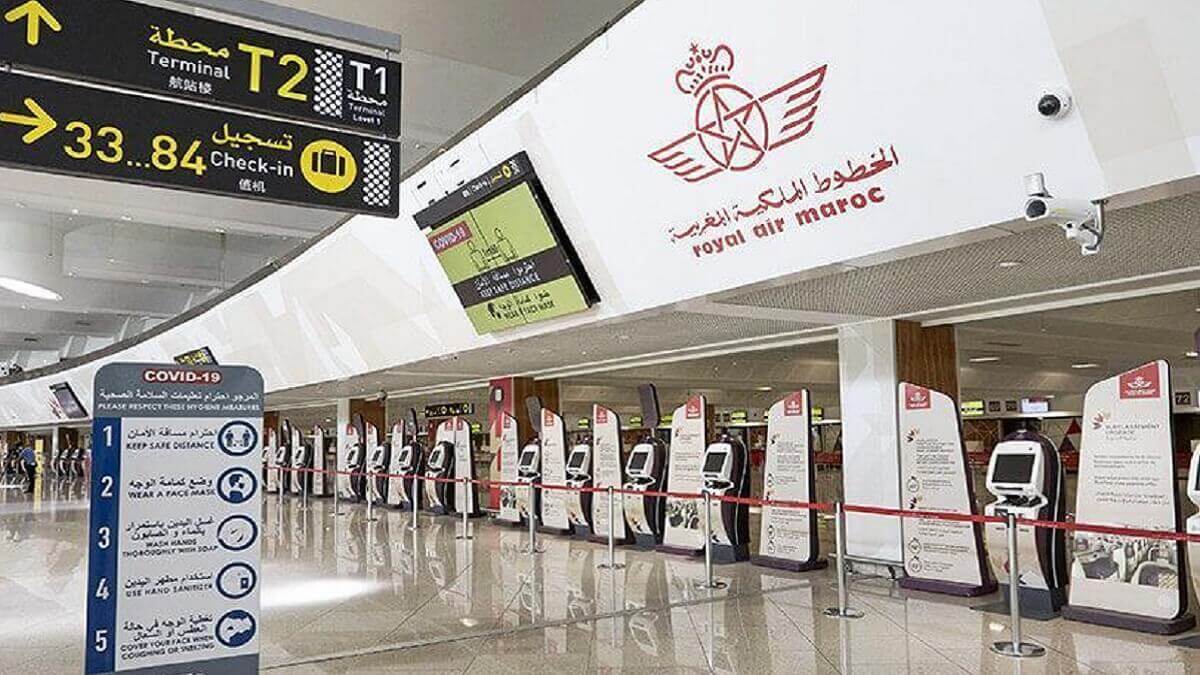
The main objective of the decree is to define the technical specifications to be followed by those who wish to obtain certification (licence) from the regulatory authority to carry out the design, production and maintenance of aircraft in Morocco.
In addition, this regulation aims to define the conditions for recognising natural and legal persons who maintain the airworthiness of aircraft. This is necessary to ensure flight safety and protect passengers and pilots.
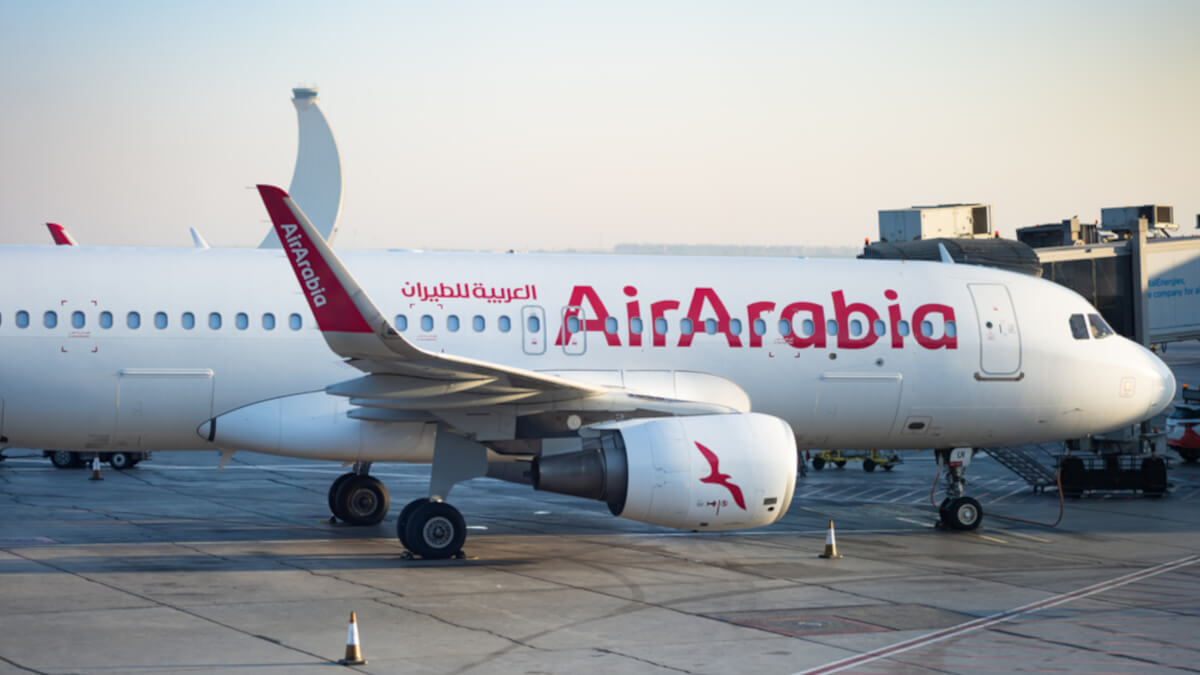
What will the fleet of aircraft that Morocco plans to develop look like?
Morocco is revolutionising the aerospace industry with the ambitious idea of building a complete aircraft that will take off for the first time from its territory. According to the Minister of Industry and Trade, Ryad Mezzour, Morocco is one of the 20 countries that produce aeronautical components at the international level.
The vision for the future is to create a fully functional aircraft that will take off from its territory for the first time. It is not only a technical achievement, but also a symbol of the country's confidence and determination to promote economic growth and innovation.
Cooperation between international and local companies is essential for the exchange of knowledge and technologies that will enable it to move forward in aircraft development.
The Alawi nation has gone through stages of development that have contributed to the growth and success of this industry. The first phase is the production of parts, as Morocco, Al-Rummani noted, has attracted more than 50 international companies. Rabat has entered a new phase, manufacturing more than 45% of components for all types of aircraft, including advanced components.
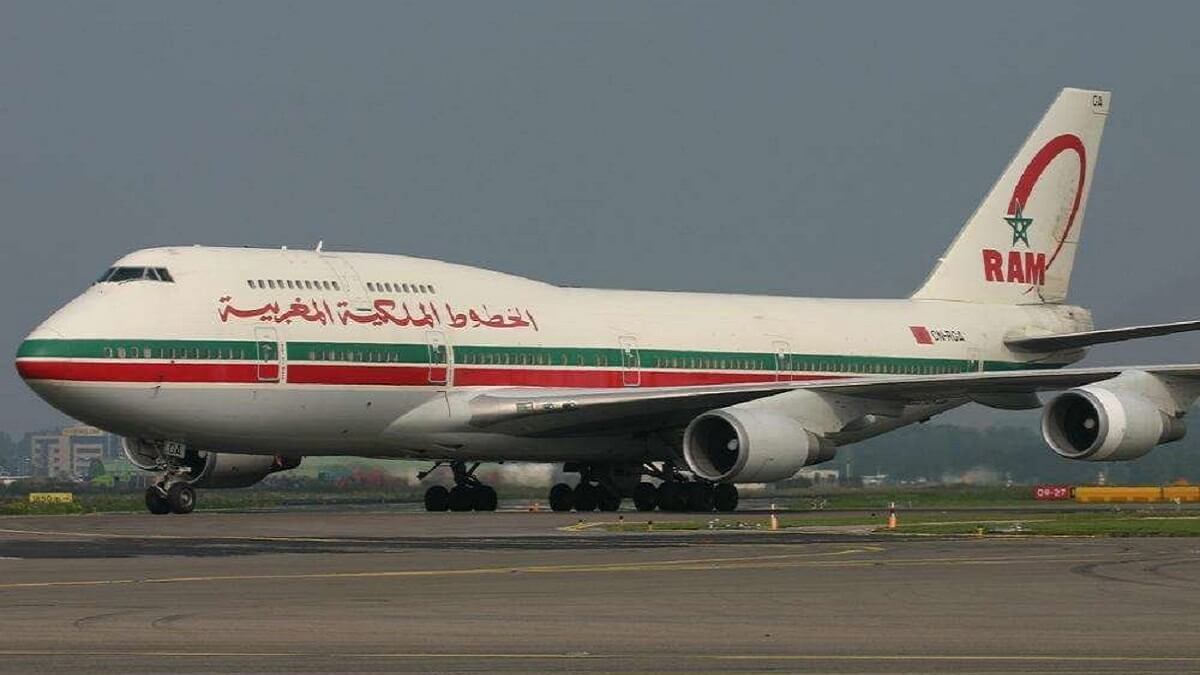
"Morocco now has the qualification, the strength and the experience to move to the next stage, which is to assemble a complete aircraft." "When we talk about the aerospace industry, we mean the automotive industry because it can produce domestically produced cars," continued Al-Rummani.
Morocco now has enough skills, strength and experience to move to the next stage: assembling a complete aircraft. The state invests in over 140 companies and fields related to the production and supply of aircraft parts.


